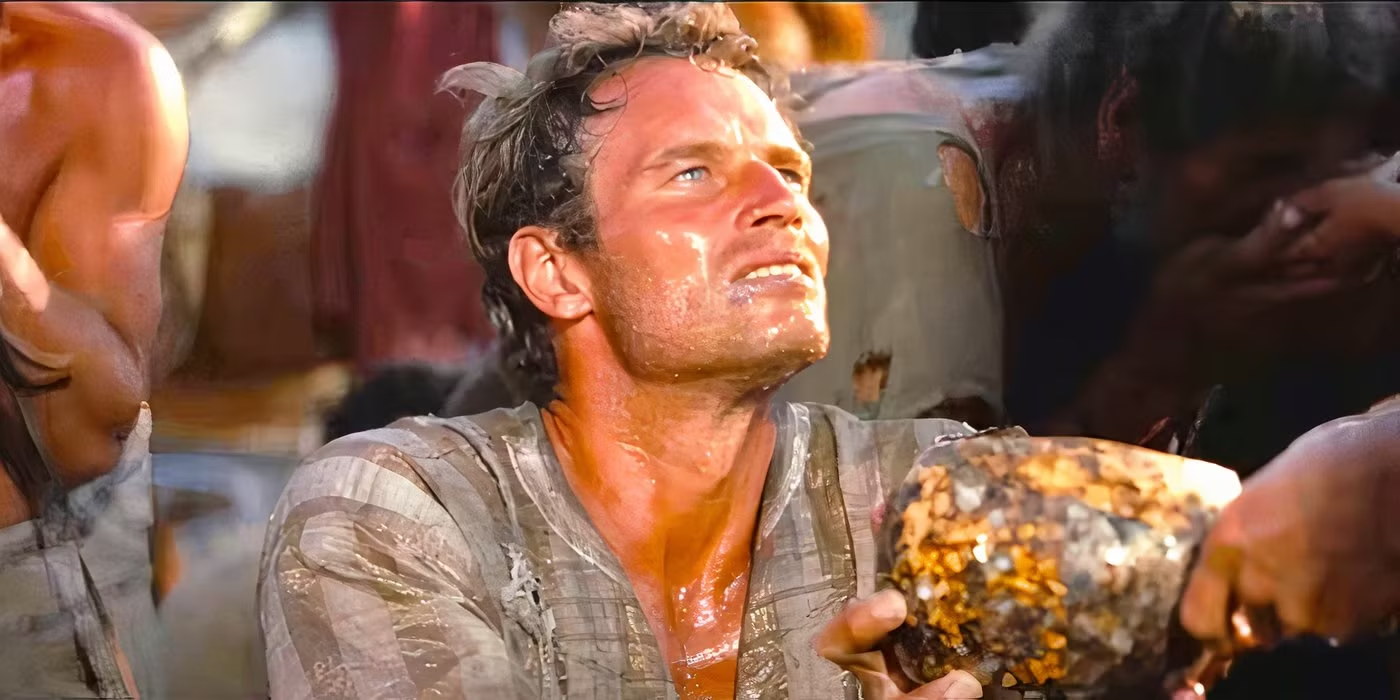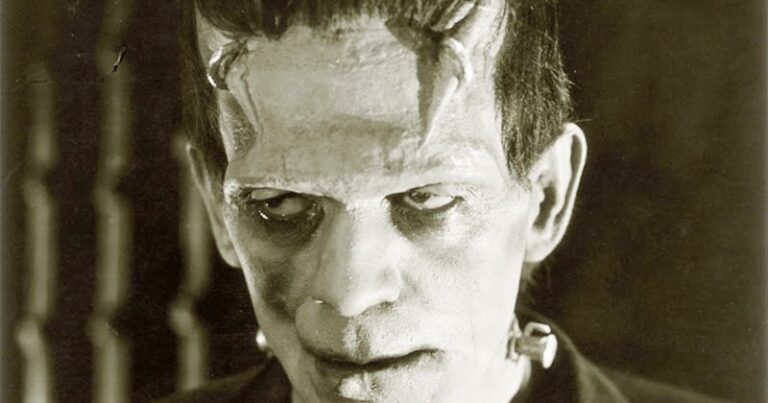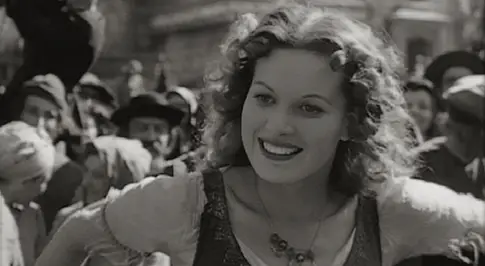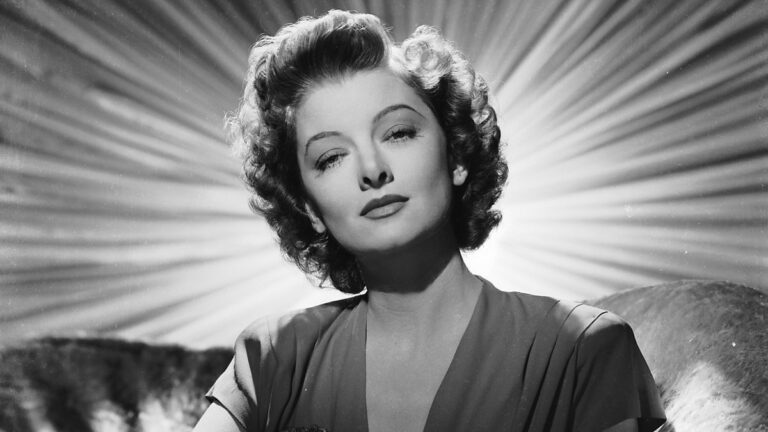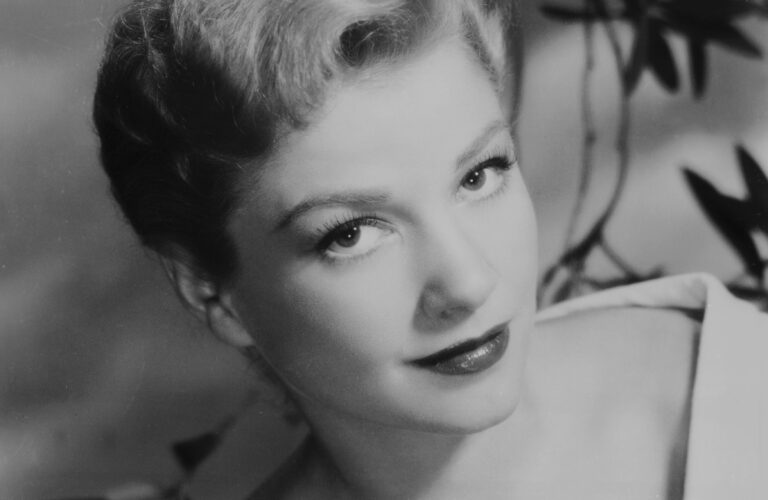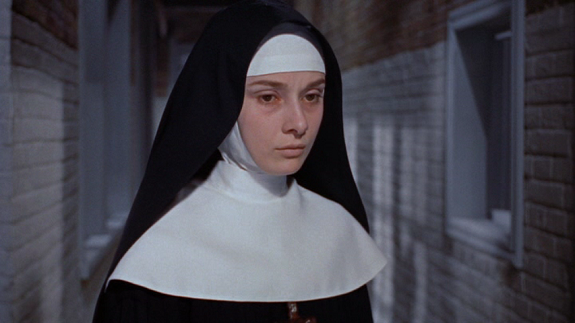Charlton Heston: A Hollywood Legend and Iconic Activist
Charlton Heston is a name synonymous with some of the most iconic roles in film history. Known for his commanding presence and deep, resonant voice, Heston became one of Hollywood’s biggest stars, beloved for his portrayals of historical figures, mythological heroes, and action-packed characters. With a career spanning over six decades, Heston earned recognition not only for his talent on the screen but also for his activism and outspoken views off-screen. From Ben-Hur to Planet of the Apes, and his fierce dedication to civil rights, Charlton Heston’s life was as multifaceted as his career.
Early Life and Rise to Stardom
Charlton Heston was born John Charles Carter on October 4, 1923, in Evanston, Illinois. He had an early interest in acting, participating in high school plays and later studying at Northwestern University. Heston’s early career was grounded in theater, but World War II interrupted his studies when he enlisted in the U.S. Army Air Forces. After the war, he returned to acting, initially taking roles in live television dramas, which helped him gain experience and recognition.
His big break came in 1952 when he starred in the film The Greatest Show on Earth (1952), directed by Cecil B. DeMille. It was a stepping stone to Heston’s meteoric rise in Hollywood, leading him to become one of the leading men of the 1950s and 1960s. His imposing stature and serious demeanor made him a perfect fit for epic films, and soon, he was cast in some of the most memorable roles in cinematic history.
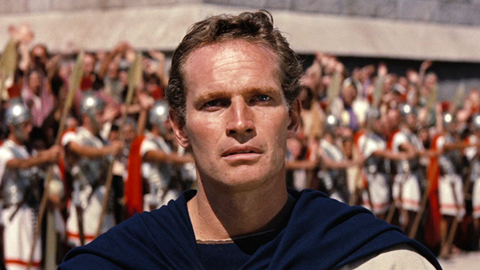
Iconic Roles and Achievements
Charlton Heston is perhaps best known for his portrayal of Judah Ben-Hur in the 1959 epic Ben-Hur, a role that earned him the Academy Award for Best Actor. His performance as a Jewish prince betrayed and enslaved by the Roman Empire is considered one of the greatest in film history. The film itself went on to win 11 Academy Awards, a record that stood for decades.
Heston’s range as an actor was demonstrated through his roles in diverse genres, from historical epics like El Cid (1961) and The Ten Commandments (1956) to sci-fi thrillers like Planet of the Apes (1968). In the latter, Heston’s portrayal of an astronaut stranded on a mysterious planet became iconic, with his famous line, “Take your stinking paws off me, you damned dirty ape!” becoming one of the most quoted in movie history.
Throughout his career, Heston worked with some of the greatest directors, including William Wyler, John Ford, and Cecil B. DeMille. His stature, on-screen intensity, and ability to convey deep emotion made him a favorite among filmmakers and audiences alike.
Activism and Public Life
While Heston’s film career is what made him a household name, his work as an activist is just as significant. Known for his strong political beliefs, Heston was a passionate advocate for civil rights, gun rights, and conservative causes. His activism began in the 1960s, when he became involved in the civil rights movement. He famously marched alongside Dr. Martin Luther King Jr. during the 1963 March on Washington, where he showed his unwavering support for racial equality.
Later in life, Heston became the president of the National Rifle Association (NRA) and was a staunch advocate for the Second Amendment. His 2000 speech at the NRA convention, where he declared, “From my cold, dead hands,” became a defining moment in his career as a political figure. Though his views were often divisive, Heston’s commitment to his beliefs made him a significant figure in both Hollywood and American politics.
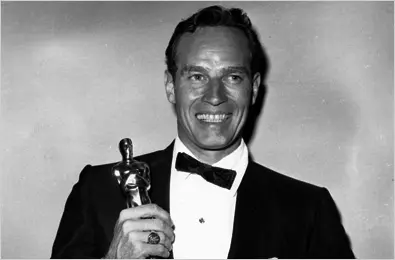
Legacy and Influence
Charlton Heston’s legacy is one that encompasses more than just his impressive film career. He was a trailblazer in Hollywood, pushing the boundaries of what a leading man could be. His roles in historical epics made him a symbol of strength, moral integrity, and perseverance, while his performances in science fiction and action films cemented his status as a versatile and enduring actor.
Beyond the silver screen, Heston’s activism and political involvement ensured that he remained a prominent public figure throughout his life. He used his fame and platform to advocate for causes he believed in, influencing both the entertainment industry and American society at large.
Heston passed away on April 5, 2008, at the age of 84, after battling Alzheimer’s disease. His death marked the end of an era, but his films and his advocacy work continue to inspire new generations. In 2002, the American Film Institute honored him with a Life Achievement Award, celebrating his contributions to film and his lasting impact on American culture.
Conclusion: A Hollywood Titan
Charlton Heston’s remarkable career as an actor and activist has left an indelible mark on Hollywood and American culture. From his Oscar-winning role in Ben-Hur to his iconic portrayal of a futuristic astronaut in Planet of the Apes, Heston’s contributions to film are timeless. Whether on-screen as a heroic figure or off-screen as a passionate activist, he commanded respect and admiration, earning his place as one of Hollywood’s greatest legends. His legacy, both in cinema and public life, continues to resonate, ensuring that Charlton Heston will never be forgotten.
